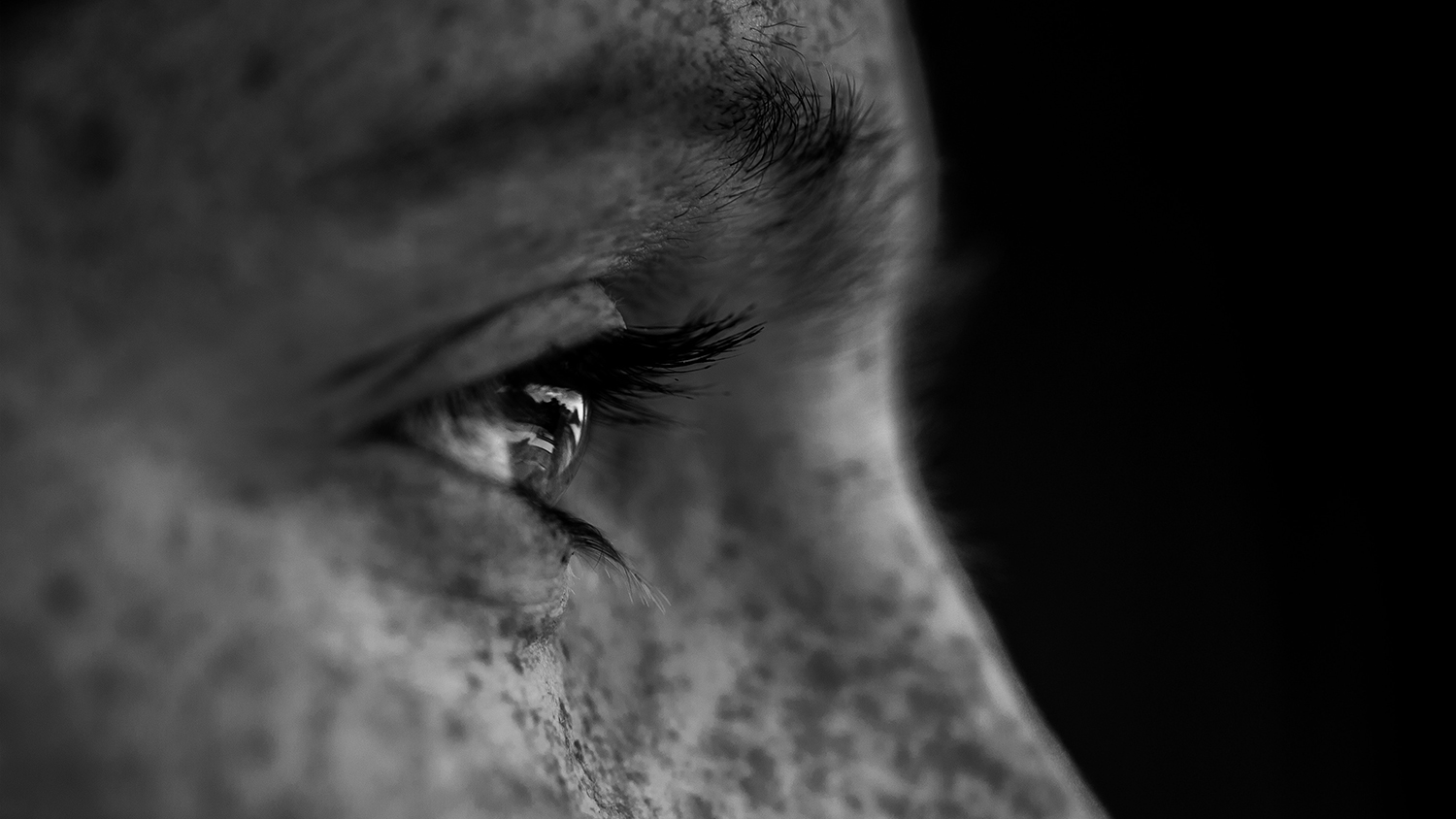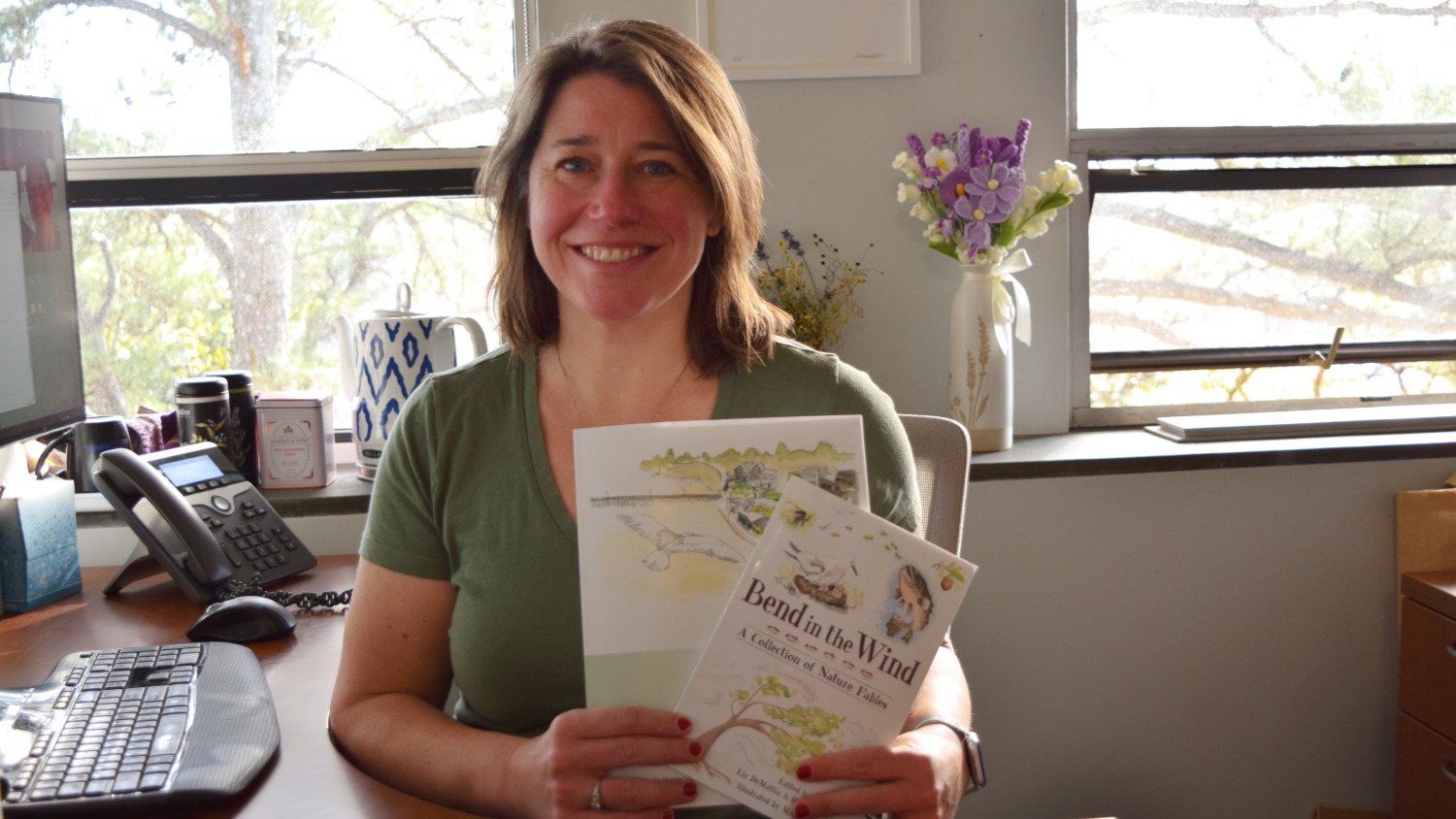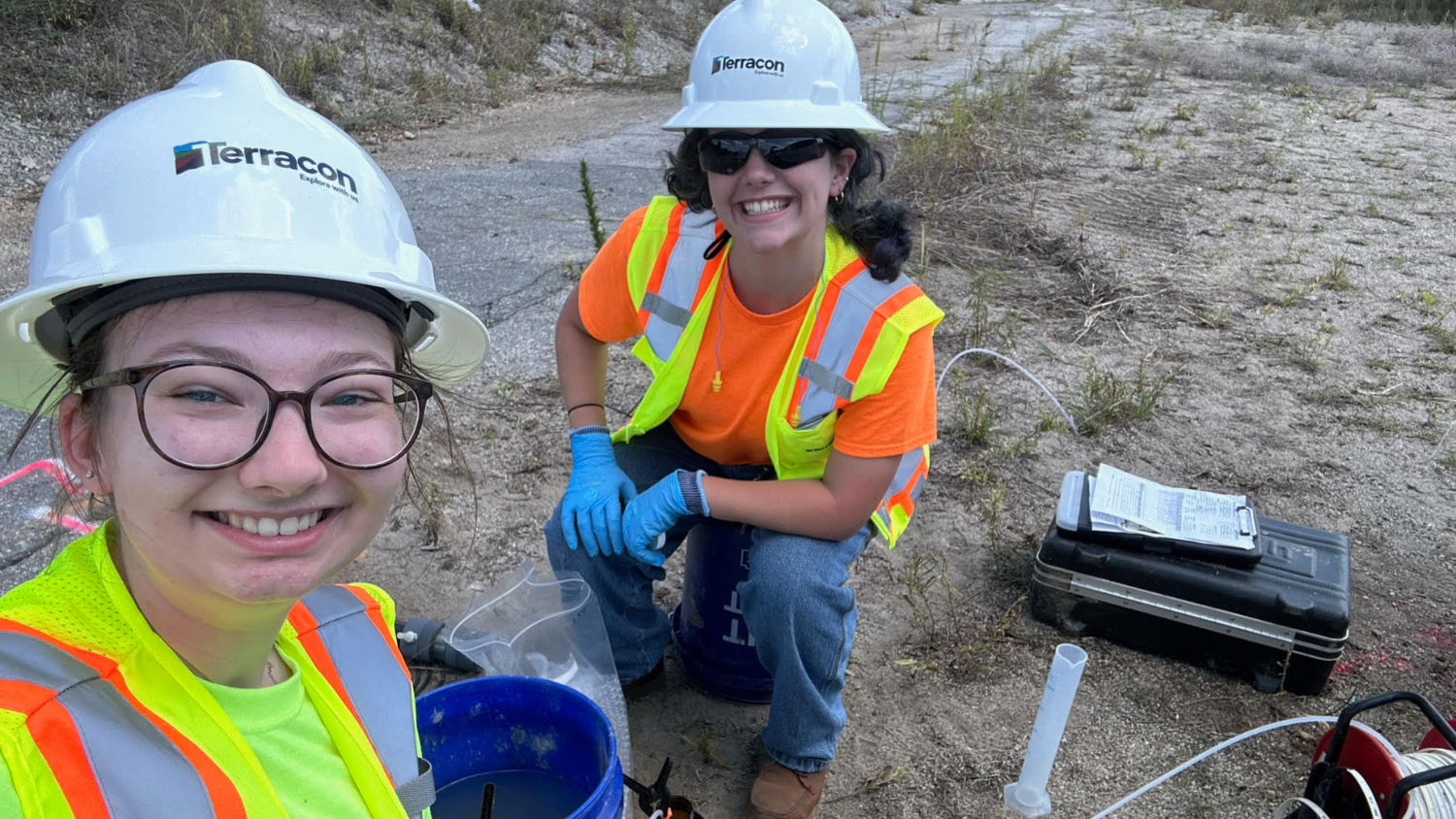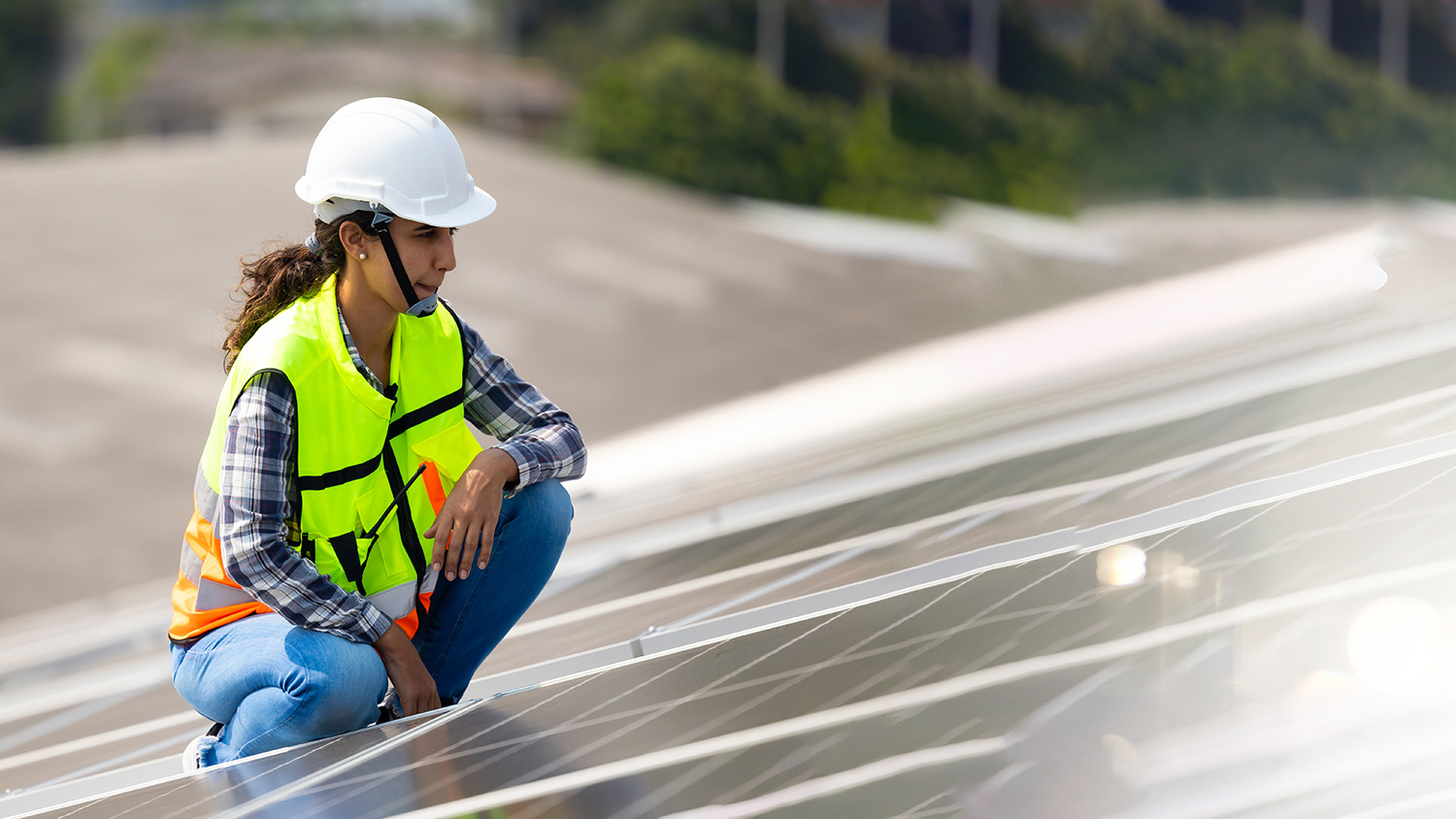NC State Hosts its First-Ever Women in the Environment Conference

On June 28, almost 200 women and non-binary individuals from high schools and community colleges across the Southeast gathered at NC State for its first-ever Women in the Environment conference. After a full day of exploring the vast scientific fields and degree paths offered by the College of Natural Resources, attendees left inspired and ready to be leaders for change and progress.
A Career in Science
Opening the conference, Dean Watzin and Dr. Zakiya Leggett shared their journeys in science. Both told stories of being the only woman in the room when first beginning their careers and the importance of having diversity in the people you surround yourself with. ”Diverse teams are the ones that accomplish the most,” Watzin said.
During her keynote speech, Leggett shared numerous lessons she learned during her academic and professional career:
- Explore some of the non-traditional fields of science.
- Take every opportunity to get engaged and connect with your peers.
- Keep stewardship in mind and find groups to work with to solve environmental problems.
- When you’re in a new environment, just jump in and get involved.
For many high schoolers, discovering a passion within science can be daunting. During two breakout sessions, attendees explored “hot topic” issues such as climate change, urban wildlife and plastic pollution to give them a glimpse into various fields. One session explored the possibility of wood products completely replacing plastic. Another showed attendees what it’s like to be a citizen scientist and allowed them to contribute to the work of Sound Around Town, a project started by researchers and students in the College of Natural Resources.
The Definition of Justice
Following the break out sessions, attendees listened to a panel led by College of Natural Resources researchers and professionals working with environmental justice, from reporters to community activists.
Dr. Louie Rivers, an assistant professor in the Department of Forestry and Environmental Resources, opened the discussion by redefining the concept of justice and applying it not only to what’s wrong and right but additionally to the underlying issues that can manifest in environmental justice issues, including race, nationality and income. Rivers broke down the definition of environmental justice to “the fair treatment and involvement of all people in the environmental decision-making process.”
Other panel members stressed some of the many complexities surrounding environmental justice, including setting aside your ego. One panelist said when you want to create change within a community, you need to first ask what those under-resourced people need, not only what you thought of bringing. Lisa Song, an environmental investigative reporter with NC Policywatch, concluded the attendees should “let people know [environmental justice] is an issue and everyone has a role.”
Empowered to Make a Difference
Throughout the conference, we spoke with attendees about their experience and what brought them to NC State that day. Many came to the conference to learn more about NC State, the College of Natural Resources and the many science degree paths they could pursue. Others have read about the environmental issues facing their communities but weren’t sure how to get involved or how to study them.
Everyone we spoke with shared a dream of making a difference in the world and knowing a science degree would put them on the right path. Bhairavi Jayaraman, a rising junior in high school, said, “With the ongoing [environmental] conflicts, I want to be more involved and know what I can do personally.”
A common response from attendees was feeling inspired by the female professionals they heard from at the conference. For high schoolers beginning to think about their futures, it was reassuring to see women well into their professional careers say that it’s okay to explore different fields to find your passion. Katarina Peters, a rising senior in high school, said, “It’s empowering seeing all of the women speakers and just being in a room with a bunch of high school females that are also interested in the same things that I’m interested in.”
- Categories:


